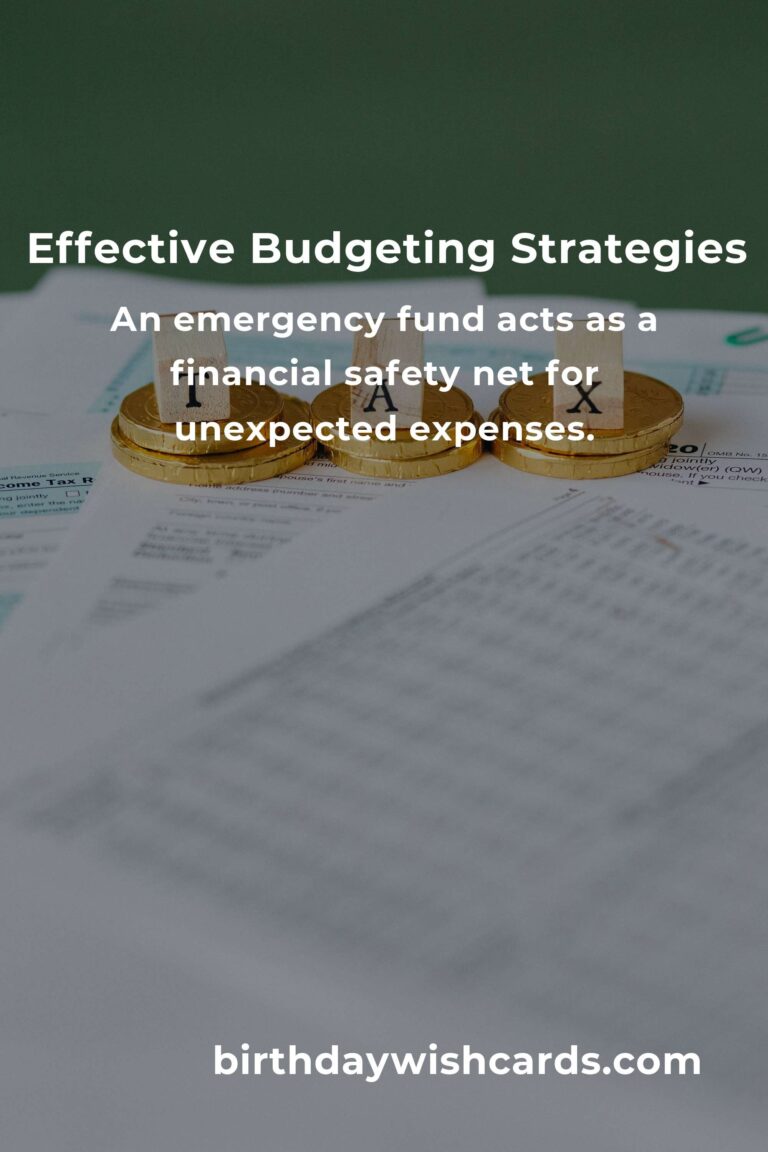
Budgeting is a crucial financial skill that helps individuals and families manage their money effectively. However, many people face challenges when it comes to sticking to a budget. In this article, we’ll explore common budgeting problems and provide practical solutions to overcome them.
Understanding the Importance of Budgeting
Before diving into the problems, it’s essential to understand why budgeting is important. A budget helps you track your income and expenses, ensuring that you live within your means. It also allows you to plan for future expenses and save for financial goals. Without a budget, it’s easy to overspend and accumulate debt.
Common Budgeting Problems and Solutions
Problem 1: Overestimating Income
One common mistake is overestimating how much money you have available to spend. This can lead to overspending and financial strain. To solve this problem, be realistic about your income. Consider including only guaranteed income in your budget and avoid relying on potential bonuses or extra earnings.
Problem 2: Underestimating Expenses
Many people underestimate their monthly expenses, leading to budget shortfalls. To address this, track your spending for a few months to identify all your regular expenses. Don’t forget to account for occasional costs like car maintenance or medical bills.
Problem 3: Lack of Emergency Fund
An emergency fund acts as a financial safety net for unexpected expenses. Without it, you may have to rely on credit cards or loans. Aim to save at least three to six months’ worth of expenses in your emergency fund. Start small and gradually increase your savings over time.
Problem 4: Impulse Buying
Impulse purchases can quickly derail your budget. To combat this, create a shopping list before going to the store and stick to it. Avoid browsing online stores when you’re bored, and unsubscribe from promotional emails that tempt you to buy unnecessary items.
Problem 5: Not Adjusting the Budget
Your budget should be flexible and adaptable. Life circumstances change, and your budget should reflect that. Review your budget regularly and make necessary adjustments to align with your current financial situation.
Effective Budgeting Strategies
Strategy 1: The 50/30/20 Rule
This simple budgeting method allocates 50% of your income to needs, 30% to wants, and 20% to savings and debt repayment. It’s a straightforward way to ensure you’re covering essentials while still saving for the future.
Strategy 2: Zero-Based Budgeting
In zero-based budgeting, every dollar you earn has a purpose. At the beginning of each month, allocate all your income to expenses, savings, and debt, ensuring your budget balances to zero. This method promotes mindful spending.
Strategy 3: Envelope System
The envelope system involves using cash for various spending categories. Withdraw cash for categories like groceries and entertainment, and place the money in labeled envelopes. Once an envelope is empty, you can’t spend more in that category.
Conclusion
Budgeting doesn’t have to be daunting. By understanding common budgeting problems and implementing effective strategies, you can take control of your finances and achieve your financial goals. Remember, the key to successful budgeting is consistency and flexibility.
Budgeting is a crucial financial skill that helps individuals and families manage their money effectively. One common mistake is overestimating how much money you have available to spend. Many people underestimate their monthly expenses, leading to budget shortfalls. An emergency fund acts as a financial safety net for unexpected expenses. Impulse purchases can quickly derail your budget. Review your budget regularly and make necessary adjustments to align with your current financial situation. The 50/30/20 rule is a straightforward way to ensure you’re covering essentials while still saving for the future. In zero-based budgeting, every dollar you earn has a purpose. The envelope system involves using cash for various spending categories.
#Budgeting #FinancialPlanning #MoneyManagement #Savings #PersonalFinance













